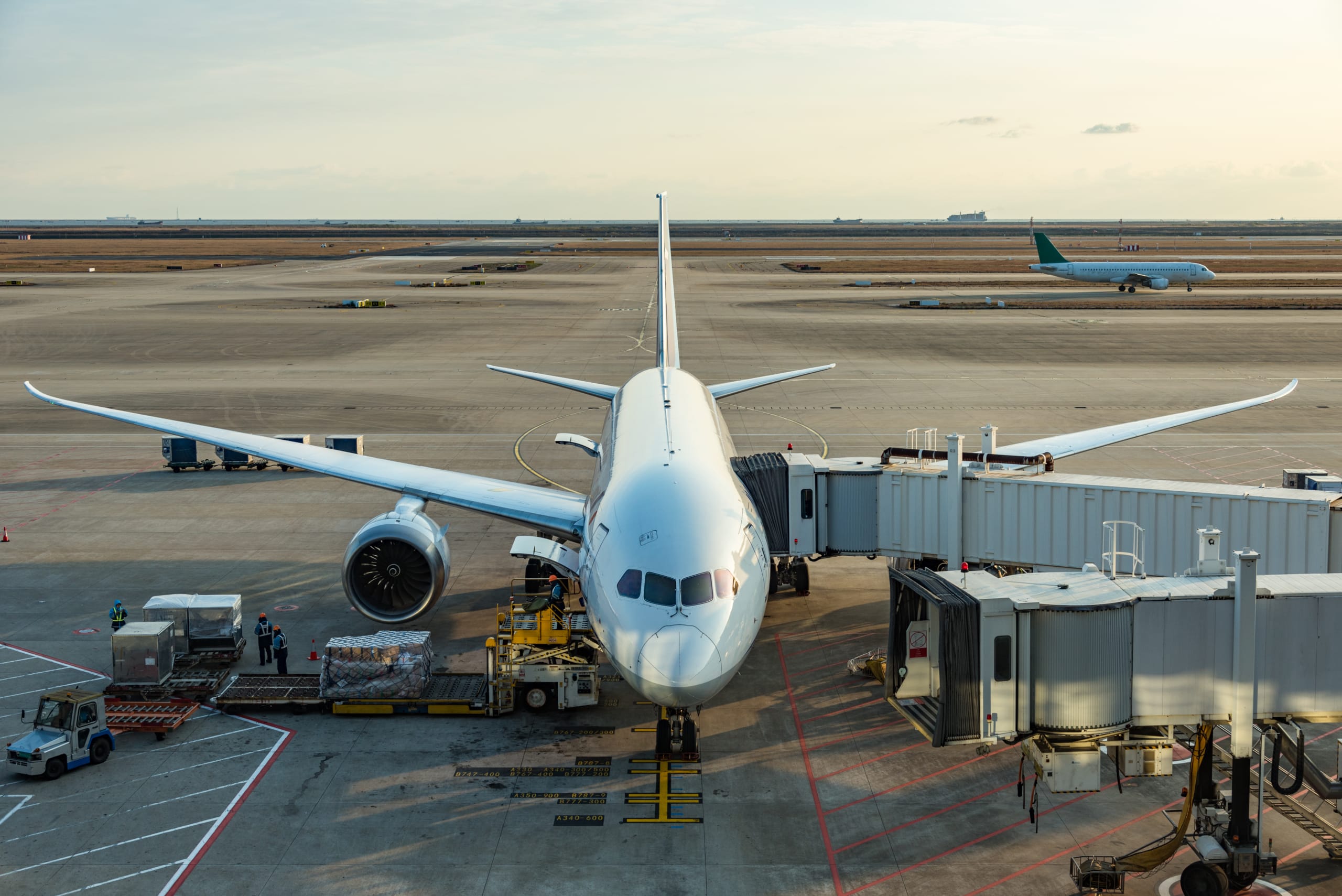Air Transport: When Speed Outweighs the Cost
In today’s fast-paced world, businesses need reliable, quick transportation for time-sensitive shipments. Whether it’s delivering medical supplies or fulfilling urgent customer orders, air transport offers the fastest way to move goods globally.
While air transport tends to be more expensive than other modes like sea or road transport, there are times when speed simply outweighs cost. The right choice often depends on the type of cargo, deadlines, and the business’s overall priorities.

What is Air Transport?
The Basics of Air Transport
At its core, air transport involves transporting goods by aircraft. Cargo can be moved via commercial airlines that reserve space for freight, or through chartered planes dedicated to a single shipment.
Why Air Transport is Different from Other Modes of Transport
Unlike road or sea freight, air transport covers vast distances in a short amount of time. While ships can take weeks and trucks may take days, air transport can often move goods across continents within hours.
Types of Goods Commonly Shipped by Air
Air transport is commonly used for high-value, perishable, and urgent shipments. Electronics, pharmaceuticals, and luxury goods often take to the skies due to their need for speed, safety, and reliability.
When Does Air Transport Make Sense?
Situations That Demand Air Transport
Air transport makes sense when a shipment is time-critical. Product launches, replacement parts for manufacturing equipment, or life-saving medical supplies are perfect examples of goods that can’t afford to wait.
Industries That Rely on Air Transport
Many industries depend on air transport:
- Pharmaceuticals for urgent, temperature-controlled deliveries
- Aerospace for time-sensitive components
- Automotive for just-in-time production parts
- Fashion and Retail for seasonal releases and fast fashion
Remote Locations and Difficult-to-Reach Markets
Air transport also opens doors to remote locations where other transportation options are slow or nonexistent. Whether delivering goods to islands, landlocked countries, or regions with limited infrastructure, air transport provides a direct and reliable solution.
Cost vs. Speed: Is It Worth It?
Why Air Transport Costs More
Air transport typically comes with higher costs due to fuel prices, airport fees, security procedures, and the limited space available on aircraft. Additionally, the carbon footprint associated with air transport is higher, which may be a consideration for some businesses.
The Value of Speed in Supply Chain Management
While costly, the speed of air transport can prevent stockouts, meet tight deadlines, and reduce lead times. For businesses in fast-paced industries, avoiding delayed shipments can often justify the premium of air transport.
Calculating the Return on Investment
Businesses should consider the total cost of delays—lost sales, production downtime, or customer dissatisfaction—when weighing whether air transport is the right choice. In many cases, the benefits of speed and reliability far outweigh the higher price tag.
Understanding Air Transport Costs
How Air Transport Pricing Works
Air transport costs are calculated using the chargeable weight, which takes into account both the actual weight and the dimensional (volumetric) weight of the cargo. The formula typically used is:
1 cubic meter = 167 kilograms, but the higher of the two (gross vs. volumetric weight) is used for pricing.
The Role of Weight and Height in Air Transport
Accurate weight measurement is crucial—but so is height. Aircraft cargo holds, especially on passenger flights, often have height restrictions. For example, many passenger aircraft cannot accept cargo higher than 160 cm. Anything above that typically requires dedicated cargo aircraft, which are less frequent, more expensive, and may not serve certain destinations at all.
This matters especially for industries like pharma and automotive, where cargo is often packed loosely into cartons and then palletized. If customers aren’t aware of these height restrictions, they may unintentionally exceed limits—leading to shipment delays and additional costs.
Pro tip: Before packing, always check flight and aircraft limitations with your freight forwarder. For instance:
- If your shipment is under 110 cm in height and below 250 kg, it can often be accepted on a daily passenger flight from LJU to Turkey.
- But if it’s 145 cm tall, it may have to be road-fed to Vienna (VIE) and depart on a weekly cargo flight, adding cost and time.
Other Factors Affecting Air Transport Rates
- Distance of shipment: Longer distances generally increase costs
- Urgency: Expedited shipping commands premium pricing
- Special handling: Fragile, hazardous, or temperature-sensitive items may require additional services
The Customs Process for Air Transport
Why Customs Clearance Is Essential
Even the fastest transport can be delayed at customs. Ensuring your paperwork is complete and compliant avoids costly delays and penalties.
What’s Involved in Customs Clearance
At 2HM Logistics, we handle the complexities of:
- Import and export declaration
- Transit declarations and fiscal clearances
- Tax and duty calculations
- We also provide customs clearance services at key European ports like Koper and Rijeka.
The Benefits of Working with a Customs Broker
Our expert customs team simplifies the process, ensuring shipments are cleared quickly and efficiently. This is particularly important for time-sensitive air transport shipments where every hour counts.
How to Decide if Air Transport is Right for You
Questions to Ask Before Choosing Air Transport
- Is speed critical to your shipment?
- How valuable or time-sensitive are your goods?
- Are there reliable alternatives (sea or road freight) that meet your needs?
Consulting with Logistics Experts
At 2HM Logistics, our team helps businesses evaluate their priorities and find the best solution. Whether it’s balancing cost with speed or managing complex customs procedures, we provide expert advice tailored to your needs.
Conclusion
When Speed Trumps Cost
Air transport isn’t for every shipment, but when speed is essential, it’s hard to beat. From time-sensitive deliveries to high-value goods, air transport offers unmatched speed, reliability, and security.
How 2HM Logistics Makes It Easy
At 2HM Logistics, we take the complexity out of air transport. From competitive rates and seamless customs clearance to accurate weight measurement and personalized service, we ensure your goods reach their destination quickly and without hassle.




